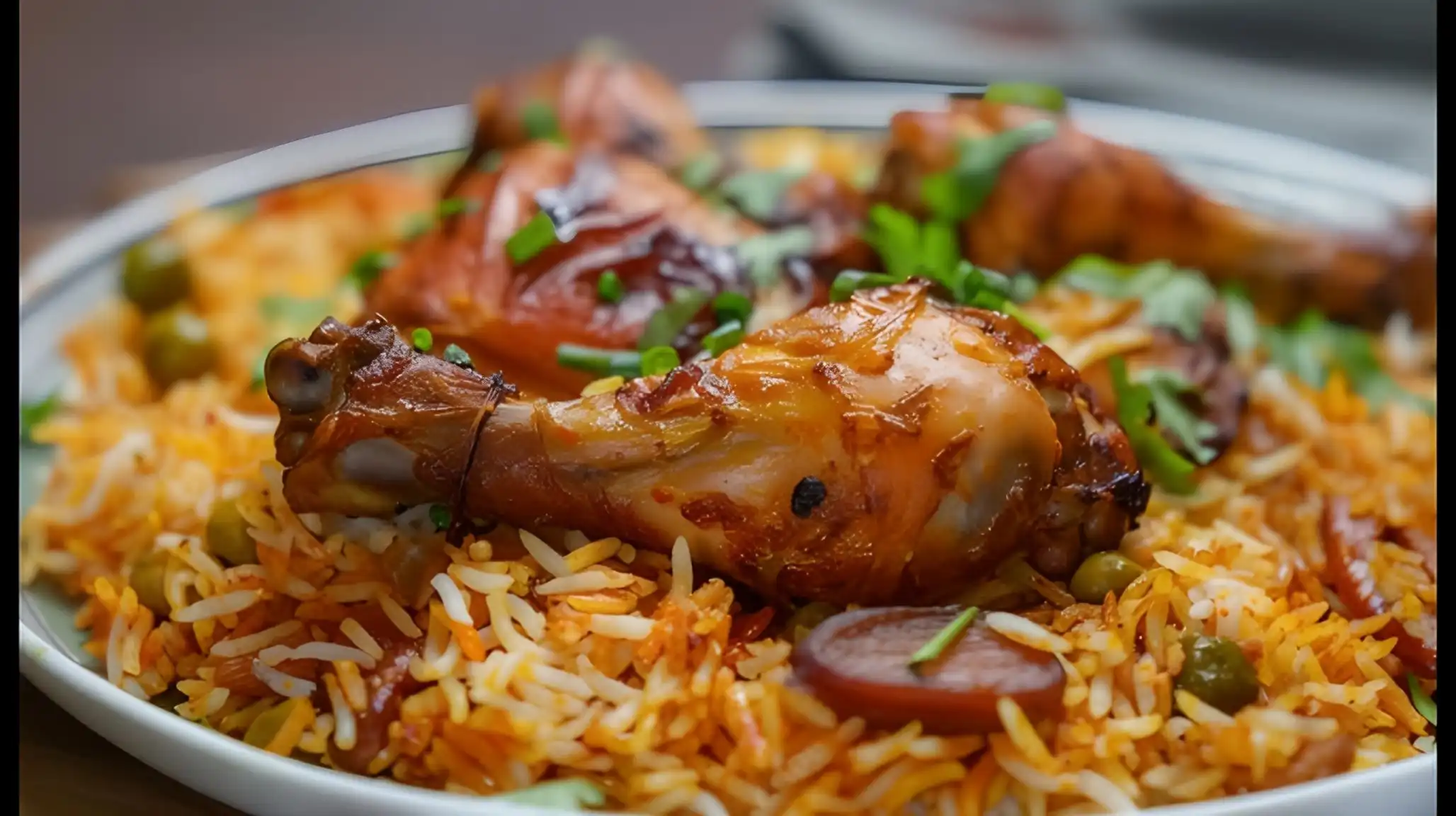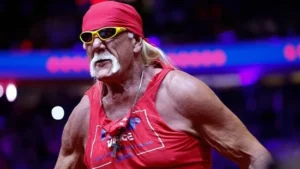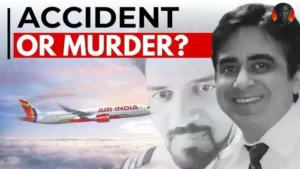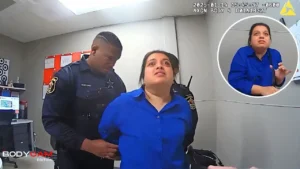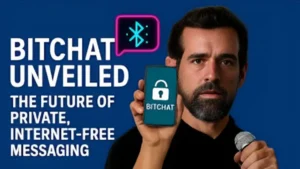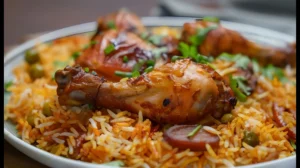How a 17-Year-Old with $1,000 Started Subway and Became a Billionaire
The story of Subway’s founder, Fred DeLuca, is one of determination, hard work, and perseverance. At the age of 17, DeLuca had a modest dream of earning money to pay for his education. He did not expect that this ambition, coupled with a $1,000 loan from a family friend, would eventually lead to the creation of one of the largest fast-food chains in the world, Subway. His journey from a cash-strapped teenager to a billionaire is not only inspiring but offers key insights into entrepreneurship and building a global brand.
Early Beginnings
Fred DeLuca was born in Brooklyn, New York, in 1947 to Italian-American parents. From an early age, he displayed an entrepreneurial spirit, taking odd jobs such as delivering newspapers and stocking shelves to help his family and save for his future. By the time he turned 17, DeLuca faced a significant challenge: he wanted to attend college, but his family did not have the financial means to support his education.
In 1965, desperate to find a way to fund his studies, DeLuca approached Peter Buck, a family friend and nuclear physicist. Buck saw potential in DeLuca and suggested that he open a sandwich shop, believing that it could generate enough income to support his college education. Buck offered DeLuca a $1,000 loan to get started, a modest amount even at the time, but it was enough to kickstart what would become a global fast-food empire.
The First Shop
With Buck’s loan in hand, DeLuca opened his first sandwich shop in Bridgeport, Connecticut, under the name “Pete’s Super Submarines,” named in honour of Buck. The goal was simple: provide affordable, made-to-order sandwiches to the local community. The shop served fresh, customisable sandwiches at a time when fast food was largely synonymous with burgers and fries.
However, the early days were far from smooth. Sales were slow, and the young DeLuca struggled to attract customers. He realised that, despite his passion, running a business was harder than he had imagined. Yet, rather than give up, DeLuca and Buck worked tirelessly to improve their offerings and marketing strategy. One significant change was the decision to rename the shop “Subway” in 1968, reflecting the submarine-shaped sandwiches they sold and the idea of “fresh, fast food.”
Growth through Franchising
The real turning point for Subway came when DeLuca decided to adopt the franchising model in 1974. Franchising allowed him to expand Subway rapidly without needing to raise large amounts of capital. Instead of owning every shop, DeLuca sold the rights to open and operate Subway stores to entrepreneurs who were eager to join the business. This model not only fuelled Subway’s expansion but also created a sense of ownership and accountability among franchisees, ensuring that each store was motivated to succeed.
By the early 1980s, Subway had grown significantly, with hundreds of stores across the United States. The key to its success lay in its simplicity. Subway’s menu was straightforward, consisting of sandwiches made fresh to order with a variety of fillings, toppings, and bread options. This customisation appealed to health-conscious consumers who were looking for alternatives to the high-calorie, fried offerings of traditional fast food chains.
Overcoming Challenges
While Subway experienced rapid growth, the company faced several challenges along the way. In the competitive world of fast food, brands like McDonald’s and Burger King dominated, and Subway had to find ways to differentiate itself. DeLuca’s focus on fresh ingredients and customisable options helped Subway carve out a niche in the market, but the brand also had to maintain consistency across its expanding network of franchises.
Moreover, as Subway grew internationally, it had to adapt to diverse cultures and tastes. DeLuca understood the importance of localising menus, allowing each franchise to tailor their offerings to fit regional preferences. This adaptability helped Subway thrive in countries around the world, from the United Kingdom to India, where the company offered vegetarian and other culturally specific options.
Another significant challenge was maintaining quality and standards as the business expanded. Subway’s success depended on the uniformity of its offerings, and ensuring that every store adhered to the same standards of freshness and customer service became a critical focus for DeLuca and his team.
Subway’s Rise to Global Dominance
By the 1990s, Subway had become a household name in the United States and was rapidly expanding into international markets. Its emphasis on healthier fast food options, such as the “Subway Club” and low-fat sandwiches, resonated with consumers who were increasingly health-conscious. Subway also adopted clever marketing strategies, such as the introduction of the “Jared Fogle” campaign, which highlighted a customer’s significant weight loss through eating Subway sandwiches. This campaign solidified Subway’s image as a healthier alternative in the fast-food industry.
By 2010, Subway had surpassed McDonald’s as the largest fast-food chain in the world in terms of the number of locations. At its peak, Subway had over 42,000 stores in more than 100 countries. DeLuca, who had started with a single shop and $1,000 loan, had become a billionaire and an iconic figure in the fast-food industry.
Legacy and Lessons
Fred DeLuca’s journey from a teenager with no business experience to a billionaire founder of a global empire is a remarkable testament to the power of perseverance and vision. One of the key lessons from his success is the importance of adaptability. DeLuca’s willingness to embrace franchising and tailor Subway’s offerings to local markets was crucial to its global expansion.
Another lesson is the importance of customer-centric innovation. DeLuca understood that consumers were looking for healthier, more personalised fast food options, and Subway’s customisable menu allowed the brand to stand out in a crowded marketplace.
Finally, DeLuca’s story highlights the significance of partnerships. Without Peter Buck’s initial loan and encouragement, Subway might never have existed. This partnership was a vital component of Subway’s success and underscores the value of collaboration in business.
Conclusion
Fred DeLuca’s story is an inspiring example of how a modest idea, when executed with determination and a willingness to learn, can evolve into a billion-dollar enterprise. From a small sandwich shop in Connecticut to the largest fast-food chain in the world, Subway’s rise under DeLuca’s leadership is a remarkable entrepreneurial achievement. Though DeLuca passed away in 2015, his legacy lives on, not only in the thousands of Subway stores around the world but also in the lessons his journey offers to aspiring entrepreneurs everywhere.

